|
Advertisement
|
Mus
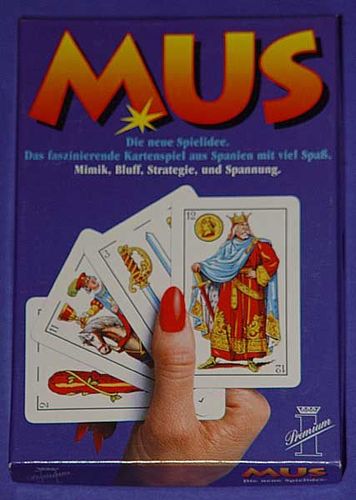
DescriptionThis is a Spanish card game born in Basque Country. The first reference about this game goes back to 1745, when Don Manuel de Larramendi, philologist and Jesuit basque, quoted it in the trilingual dictionary (Basque-Spanish-Latin). It is played by two opposing pairs of players with the Spanish deck, which is a deck of 40 cards without eights or nines and no jokers. Usually all 4 "3" cards count as kings and all four "2" cards count as aces. It has a variety of different rules in the different regions of Spain. In every round of the game Mus (discard) is either agreed or stopped. Then, four bets are made on the same hand of cards: One other special feature of Mus is that it is a mostly verbal game, with little card-involving action, limited to deal and discard (if any). After cards are dealt and Mus (discard) is stopped, all rounds are played verbally, bets are called, passed, accepted or rejected but cards are not shown, dealt or touched in any further way, and the player only is obliged to show them in the end of the round if needed in order to resolve any accepted bet. This makes it a poor card game to watch other people play, and learning to play it through only watching is rather difficult in comparison with other card games. Game DiscussionsAdd CommentYou need to be logged in to comment. Insert Bullet List Please enter at least one item. Item: Item: Item: Item: Item: Insert Numeric List Please enter at least one item. Item: Item: Item: Item: Item: Insert Link Please enter the link of the website Optionally you can add display text Insert Email Please enter the email address Optionally add any display text Insert Image Please enter the link of the image Insert YouTube Video Please enter the link of the video MarketplaceNo listings at the moment. Do you own this game? Click here to list it for sale.
|
Best Sellers
Board Games
|
||||
Latest Searches: Glad valakas | red dot | Duel | harley davidson | Slap it | steps to paradise | redneck monopoly | ROCKET+GAMES+PIE+FACEtsb | Ponchatoula opoly | rocet | zoom | dropmix "series 3" | How to Train Your Dragon Monopoly game | Lilly+Pulitzer | New Orleans | pvp | Mars | the goonies | chile | pc | java | Downey Monopoly | AERA | axis and allies ww1 | snap | skittle poker | futarama | West Bank monoply | Take+and+give | scott walker
All Rights Reserved


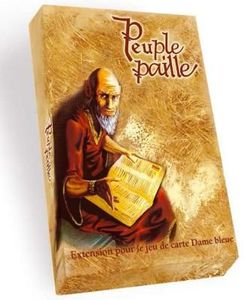



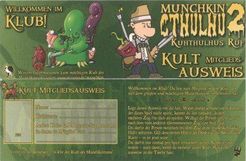

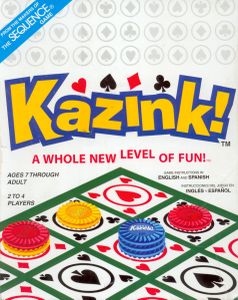

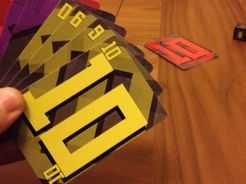
Comments (0)